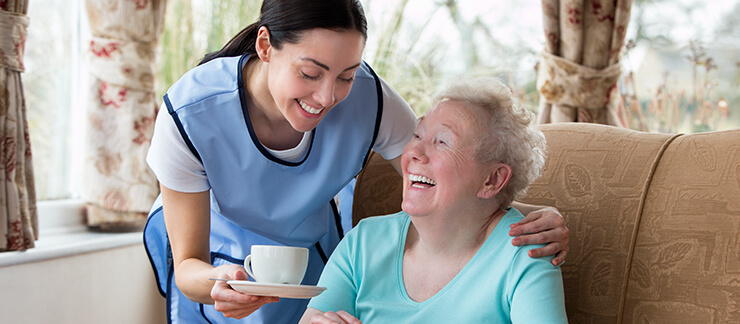Coping with Cancer
You certainly don’t have to be on this earth long to understand that there are many scary things surrounding us: terrorist attacks, global warming, bullies in school, natural disasters, and even aging can be a scary proposition. However, one universal occurrence seems to frighten even the most stalwart optimist: receiving a diagnosis of cancer.
We have all heard the fact that nearly everyone of us has been touched by cancer, either directly or through some acquaintance. And yet, even though cancer has become a fact of life, we tend to deny it exist until it hits us smack dab in the middle of the head: You have cancer!
How does one deal with the diagnosis of cancer?
Maybe the greatest emotion attached with cancer is fear, and primarily, the fear of the unknown; as cancer (in its many insidious forms) is an unknown subject – we all have be touched by it, yet most of us have little, if any, in-depth knowledge of what cancer is and how it affects us.
So, it would seem the first place to begin coping with the diagnosis of cancer is with knowledge.
- Begin your knowledge quest on the Internet – wonderful tool, but just as a beginning (and subject to personal interpretation)
- Develop a list of questions for your various doctors
- Start conversations with friends about their experiences
- Take notes at every meeting, asking questions about everything you don’t understand (it can be useful to have a relative or close friend with you during this process for additional eyes and ears)
At the time of your diagnosis, your life may seem in a tailspin. It is. But you have to gain control and pull yourself out of that spin. One way to do that is to focus on your entire life and the responsibilities you already have in hand. For example, continue to care for your family and focus on your job with the same eight hours a day vigor you did prior to your cancer diagnosis. Obviously, you cannot ignore your cancer, but you can focus on other areas of your life so that your cancer does not monopolize every single action you must take.
The American Cancer Society published an article entitled, “A Message of Hope: Coping with Cancer in Everyday Life,” (www.cancer.org/treatment/treatments-and-side-effects) listing the following suggestions for things to do to deal with your emotions:
- Ask for support from family, friends, and others. Just having someone who cares and will listen to you can be very helpful. If friends or family members are not able to be supportive, find others who will. Health care professionals (such as social workers, psychologists, or other licensed health professionals) and support groups can be extra sources of support.
- Get spiritual support through prayer, meditation, or other practices that help you feel more at peace. You may want the guidance of a chaplain, pastor, rabbi, or other religious leader.
- Pay attention to your physical needs for rest, nutrition, and other self-care measures.
- Find ways to express your feelings, such as talking or writing in a journal.
- Allow yourself private time and space.
- Walk or exercise. Be sure to talk with your cancer care team about your plans before starting a new exercise program or activity.
- Find out what helped other patients and families cope with cancer, and/or talk with other people diagnosed with the same type of cancer.
- Make changes at home to create a healthier environment, and/or talk with your doctor about making healthy lifestyle choices.
Cancer is a scary event. It can be deadly, and yet, many, many patients with cancer survive and live relatively healthy and normal lives; even to the point of total remission.
Take control of your cancer. Take control of your life.
Learn how to cope with this new part of your life, and remember, you are not alone in this battle – use your support systems.













